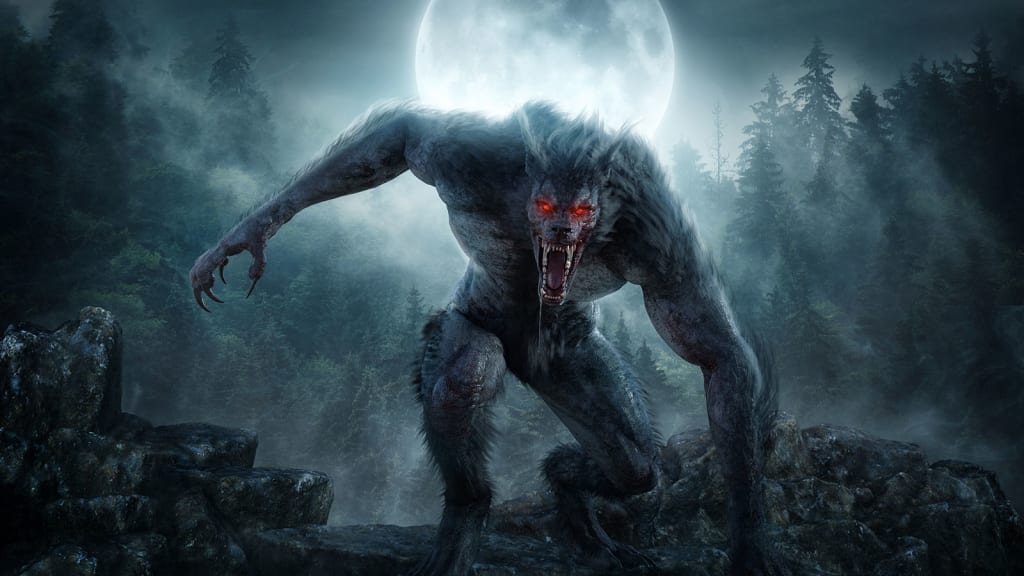
The myth of the werewolf has been a part of human folklore for centuries. From ancient legends to modern movies, the idea of a human transforming into a wolf-like creature has captured our imaginations and sparked our curiosity. In this article, we will explore the history, mythology, and scientific theories surrounding werewolves.
Origins of the Myth:
The origins of the werewolf myth are difficult to pinpoint, as similar stories appear in various cultures throughout history. However, one of the earliest and most well-known versions of the myth comes from ancient Greece. The legend of Lycaon, a king who was transformed into a wolf by Zeus as punishment for his hubris, is often cited as an early example of the werewolf myth.
In medieval Europe, the werewolf became associated with witchcraft and the devil. Many people believed that witches and sorcerers could transform themselves into wolves in order to carry out nefarious deeds. This led to widespread persecution of those accused of practicing witchcraft, often resulting in executions.
In more recent times, the werewolf has become a popular figure in horror movies and fiction, with a number of different interpretations and variations on the traditional myth.
Physical Characteristics of Werewolves:
In most versions of the werewolf myth, the creature is depicted as a human that transforms into a wolf-like creature. This transformation is usually triggered by the full moon and accompanied by physical changes, such as the growth of fur, elongation of the snout, and sharpening of teeth and claws.
In some versions of the myth, the werewolf retains some human characteristics even in their wolf form, such as the ability to walk on two legs and communicate in human language. In others, the transformation is complete, and the creature becomes a true wolf.
Scientific Theories:
While the werewolf myth is clearly a product of human imagination and folklore, some scientists have attempted to explain the phenomenon through biological and psychological theories.
One theory suggests that werewolf sightings may be the result of a rare genetic condition known as hypertrichosis, which causes excessive hair growth all over the body. People with this condition have been known to be shunned and persecuted throughout history, leading some to speculate that they may have been the inspiration for the werewolf myth.
Another theory suggests that werewolf sightings may be the result of hallucinations caused by a rare mental disorder known as clinical lycanthropy. People with this disorder believe that they have transformed into an animal, often a wolf, and may even exhibit physical changes such as increased hair growth and altered behavior.
Conclusion:
The myth of the werewolf continues to fascinate and captivate people around the world. While there is no scientific evidence to support the existence of werewolves, the myth persists in our culture as a symbol of transformation, power, and the struggle between our human and animal instincts.
As with many legends and myths, the true origins and meaning of the werewolf myth may never be fully understood. However, its enduring popularity serves as a reminder of the power of storytelling and the human fascination with the unknown and the supernatural.
Ultimately, whether werewolves are real or not, the myth continues to inspire us to explore the mysteries of the world and the depths of our own imaginations.
About the Creator
Arish Ali
The world is yours!
Reader insights
Nice work
Very well written. Keep up the good work!
Top insights
Expert insights and opinions
Arguments were carefully researched and presented
Eye opening
Niche topic & fresh perspectives





Comments
There are no comments for this story
Be the first to respond and start the conversation.